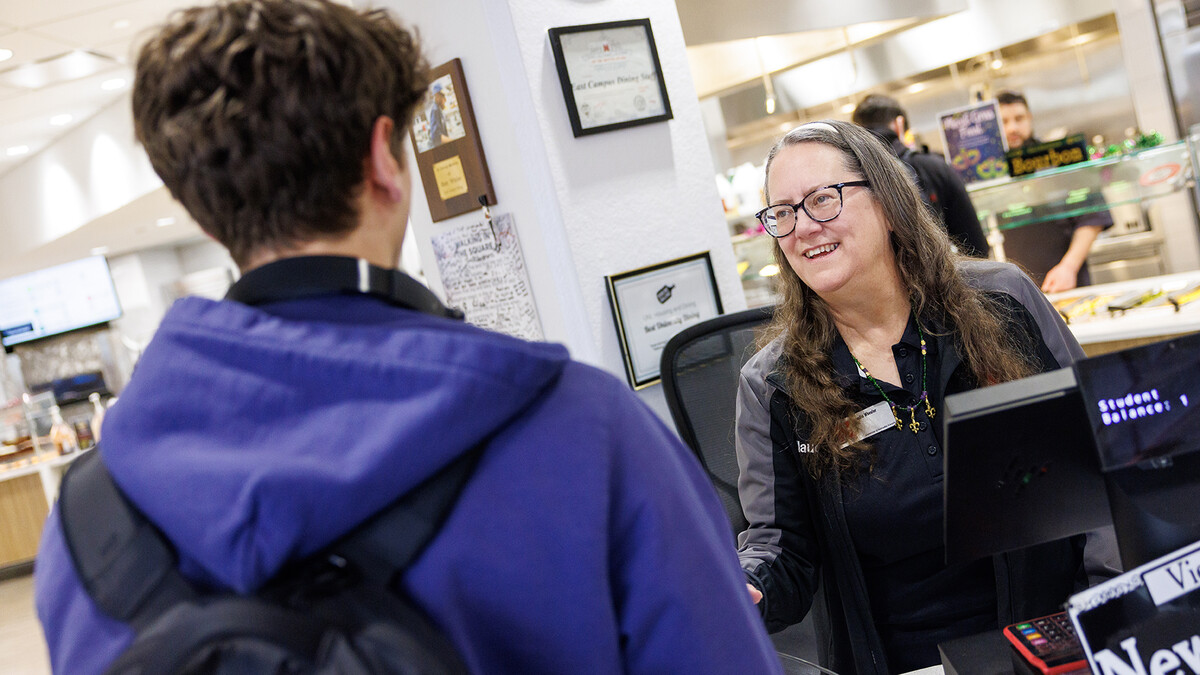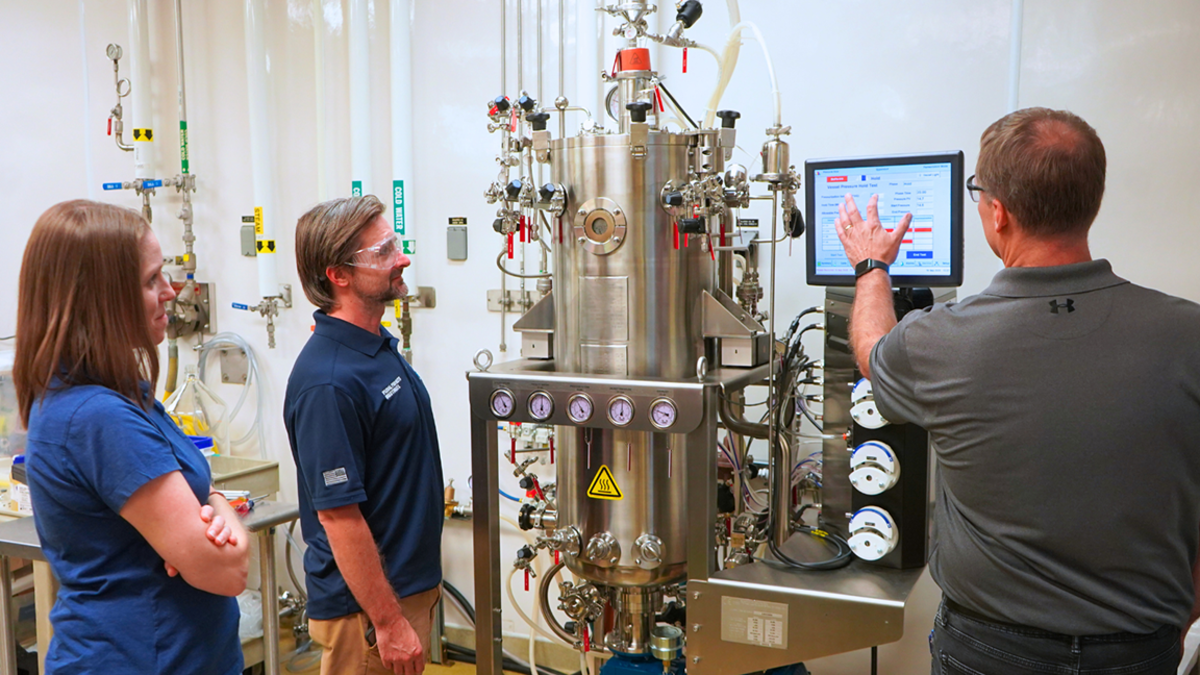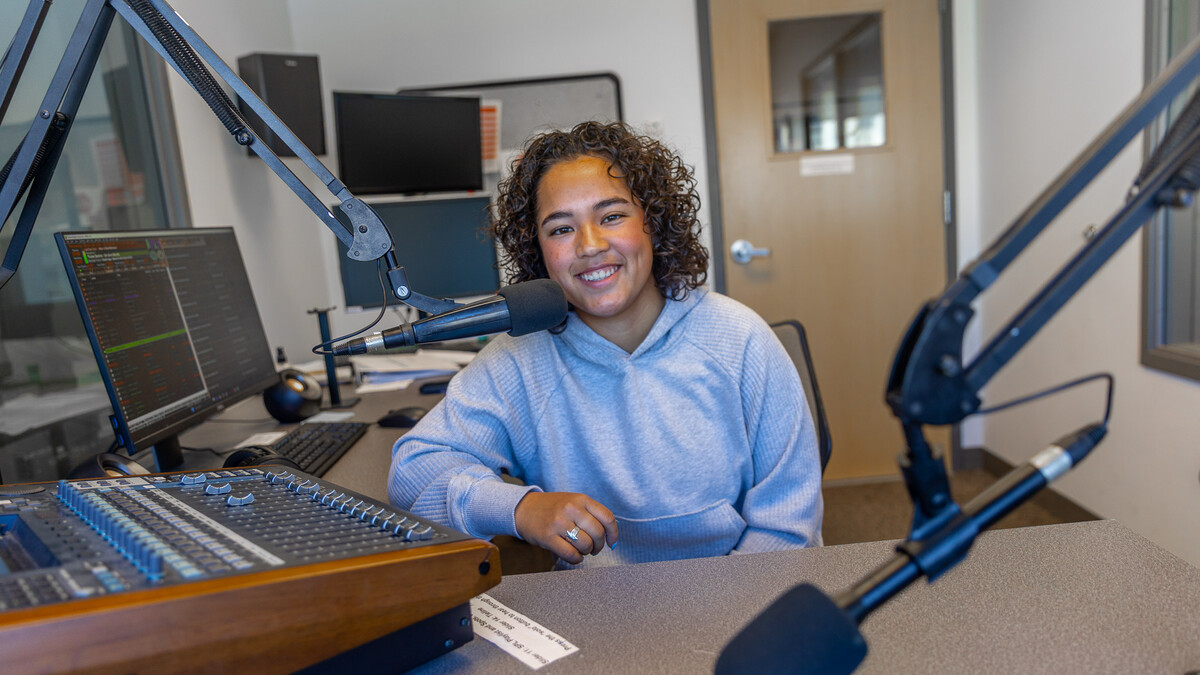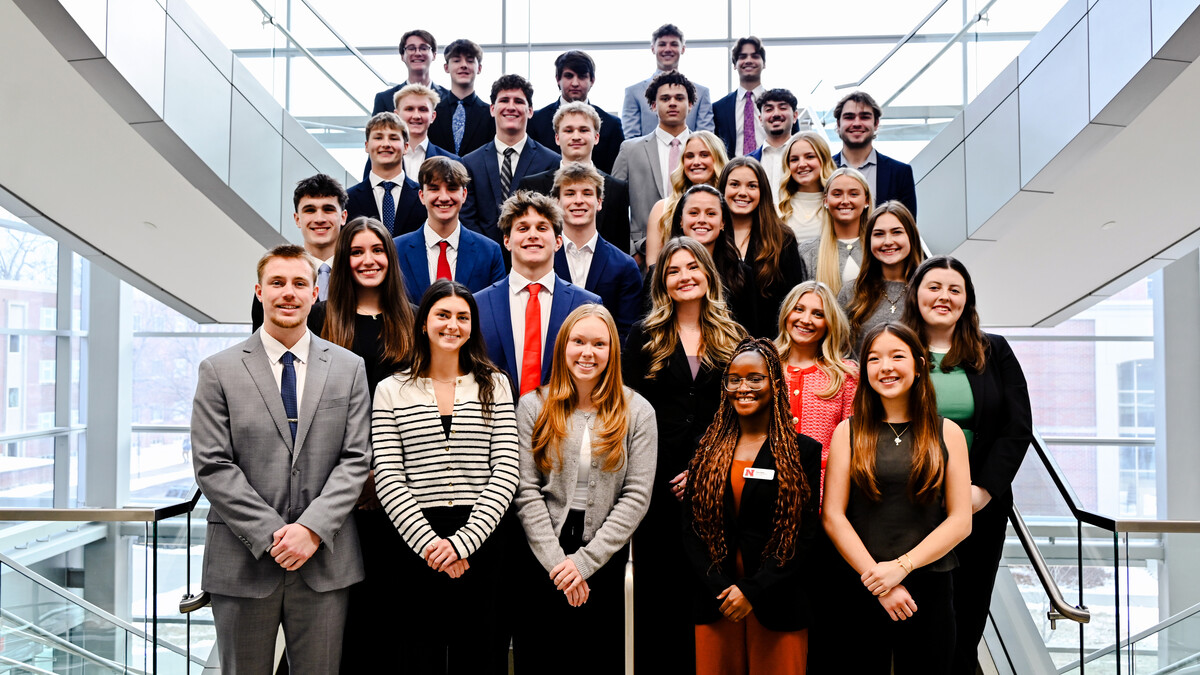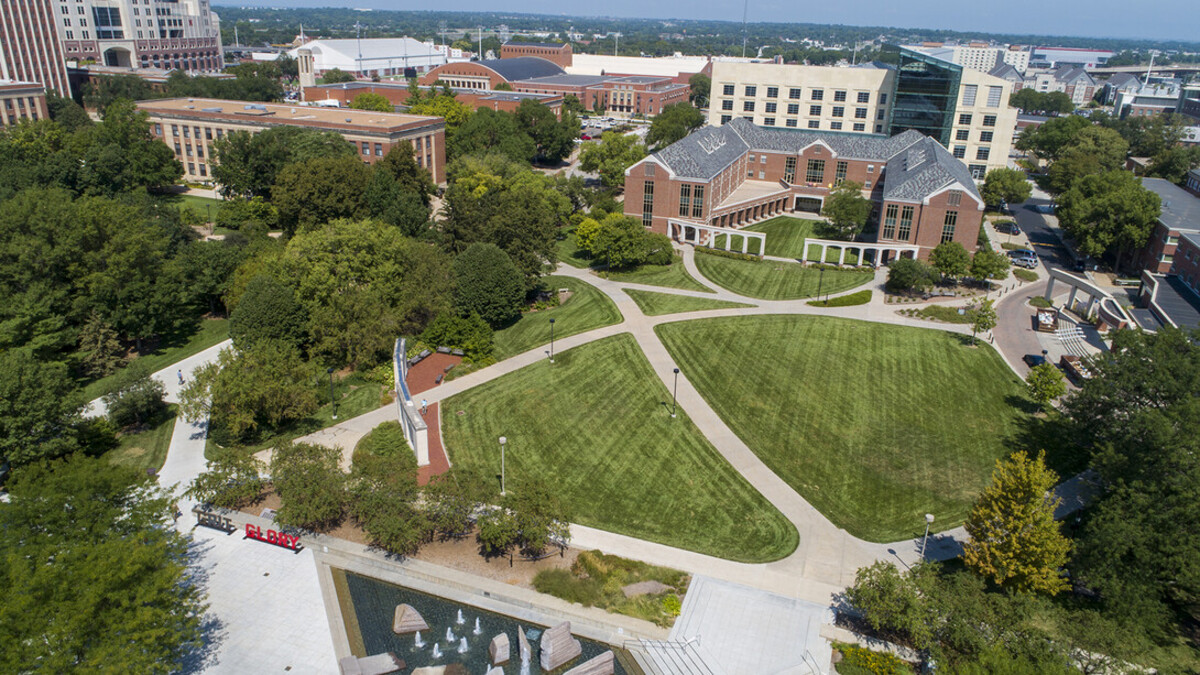
With the University of Nebraska’s upcoming 150th anniversary coinciding with disruptive change in higher education, the state’s comprehensive land-grant university has an opportunity to remake itself for the next generation, according to Chancellor Ronnie Green.
With that opportunity in mind, newly appointed members of Nebraska’s Commission of 150 assembled March 29 to begin developing a vision for what the university should become during the next 25 years.
“No other institution in higher education may be in a better position today, right this minute, to do this,” said Will Thomas, professor of history and co-chair of the commission. “I believe we have an extraordinary opportunity, one that few are given in higher education, to understand ourselves in ways we have not, to see ourselves differently — to shine a bright light on our capacities, our talents and our opportunities.”
The commission’s charge is to develop a broad, bold plan for the future, even as the university celebrates its achievements of the past 150 years.
“I hope you understand how seminally important this effort is for the university,” Green said. “We really are at a pivot point.”
Organizers urge members of the campus community to attend outreach meetings scheduled for April 3 and April 4, the first of many such meetings intended to gather ideas and perspectives from various campus groups. The two-day slate includes sessions for faculty; masters and doctoral students; the University of Nebraska Office Professional Association; deans; early career professors; post-doctoral fellows; chairs, heads and center directors; University Association for Administrative Development; Nebraska Alumni Association; endowed professors; and the Academic Planning Committee.
Three sessions have been scheduled for students, at 5 p.m. April 3 in the Ubuntu Room in the Gaughan Center; 6:30 p.m. April 3 in the Columbine Room in the East Campus Union; and 5:15 p.m. April 4 in the Ubuntu Room. Two general sessions are scheduled for 4 p.m. April 3 and 4:15 p.m. April 4, both in the Ubuntu Room.
“We see an opportunity for the University of Nebraska to leap ahead and think about the needs of your students a decade, a generation from now,” said Mark Power Robison, managing partner of Academic Leadership Associates, a California consulting firm that specializes in higher education strategic planning. The firm, led by Robison and senior partner Michael Diamond, is facilitating Nebraska’s planning process.
Robison, a historian at the University of Southern California, said higher education is experiencing disruptive change today — in terms of teaching methods, student expectations and political pressures — equivalent to the development of modern research universities in the late 19th century or the democratization of college education in the post-World War II, GI-Bill years.
The time is ripe for the University of Nebraska-Lincoln to transform itself in much the same way as Duke University and the University of Virginia did in the 1980s and 1990s, when they went from respected regional institutions to gaining world-class stature, he added.
The commission is expected to finalize its work by mid-November, with the plan to be unveiled as part of the university’s 150th anniversary celebration in February.
The commission is composed of an approximately 25-member executive committee led by Thomas and Donde Plowman, executive vice chancellor and chief academic officer. The remaining members have been divided into eight subcommittees on Mission and Values (Thomas and Plowman, co-chairs); Student Experience (Laurie Bellows, interim vice chancellor for student affairs, and Aaron Holz, associate professor of art history and design, co-chairs); Research, Scholarship and Creativity (Jim Alfano, professor of plant pathology, and Sue Sheridan, director of the Nebraska Center for Research on Children, Youth Families and Schools, co-chairs); Diversity and Inclusion (Amy Goodburn, senior associate vice chancellor and dean of undergraduate education, and Anna Shavers, professor of law, co-chairs); Engagement in Nebraska and Beyond (Amy Struthers, interim dean of the College of Journalism and Mass Communications, and Chuck Hibberd, dean and director of Cooperative Extension, co-chairs); Economic Development and Innovation (Cheryl Horst, assistant director of NuTech Ventures, and Shane Farritor, professor of mechanical and materials engineering, co-chairs); Internal Operation and Infrastructure (Mary LaGrange, controller in Business and Finance, and Kay Richter, business officer in University Libraries, co-chairs); and Campus Community and the Role of Faculty and Staff (Tiffany Heng-Moss, interim dean of the College of Agriculture and Natural Resources, and Beth Theiss-Morse, associate dean of the College of Arts and Sciences, co-chairs).
The commission includes students, faculty, staff and administrators, as well as community members and key stakeholders, such as Regent Jim Pillen, Gallup President Jane Miller, Lincoln Industries Chairman and CEO Marc LeBaron, Lincoln Food Bank Director Scott Young and Omaha World-Herald President and Publisher Terry Kroeger.
The plan is to be completed by Thanksgiving and implemented by Feb. 15, the university’s 150th anniversary. It will have undergone multiple reviews by university constituencies.
“There is no place we can’t go with this university,” Plowman said. “The only thing that’s stopping us is what we expect from ourselves. We can take a major leap ahead and change the nature of this university — what it is and what it means to Nebraska.”
